18, February 2022
Franck Biya to run for president 0
The ruling CPDM is planning to hold an extraordinary congress of the party that will nominate Franck Biya, the eldest son of the 89-year-old dictator as a presidential candidate, Cameroon Intelligence Report has learnt from a well-placed source in the nation’s capital Yaoundé.
Cameroon, the so-called giant in the Sub Saharan region littered with French backed dictators is one of Africa’s most repressive, corrupt states and little is known about how the Biya Francophone regime makes day-to-day decisions. The country has never held any free and fair vote, and Biya’s next-of-kin will almost certainly face no real opponents in the next presidential election.
The country has no free media, honours President Biya’s acolytes with lucrative political positions and is yet to make any major arrest ever since it was revealed coronavirus funds were siphoned by top government officials including the Prime Minister and Head of Government Joseph Dion Ngute.
Paul Biya who is the country’s president and commander-in-chief since 1982 hardly chairs cabinet meetings but has been Cameroon’s decision-maker for the last 40 years.
His pastimes –holidaying in rural areas in the South of France, long stays at the InterContinental Hotel in Geneva and encouraging internal divisions deep within his ruling party including returning to Cameroon to fill his pocket with tax payer’s money — have made him a curiosity across the globe.
At 89, his followers mainly from his Beti-Ewondo tribal extractions say he is still the right man for the nation’s powerful job.
Franck Biya is currently nothing in Cameroon government’s political chain of command but underneath that nothingness is a young man with a broad influence over the politics and economy that key Biya family allies think is now eligible to run for president.
It is expected that both the political bureau and the congress of the ruling CPDM party will unanimously support the candidacy of Franck Biya for the post of President of Cameroon in the next presidential election.
Recently, he has been boosting his national profile with bereavement visits to his dad’s loyalists in the North and West regions of the country.
Franck Biya’s exposure on media only began to grow after the Biya family invested on the television channel Groupe L’Anecdote headed by Amougou Belinga.
By Soter Tarh Agbaw-Ebai
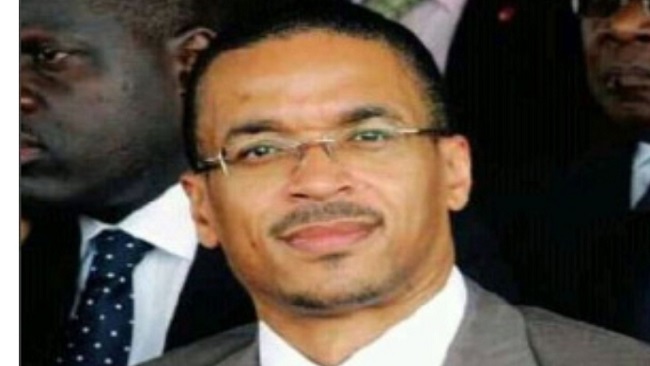
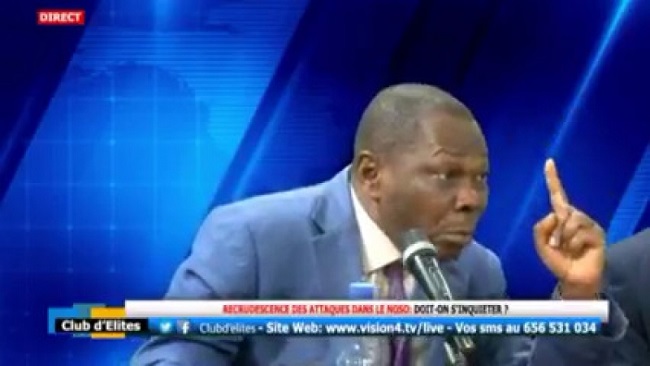
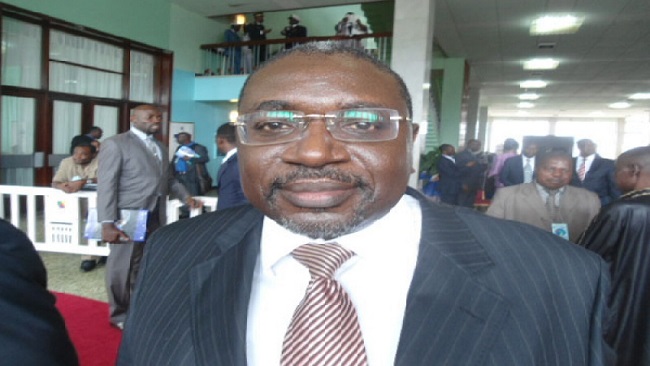

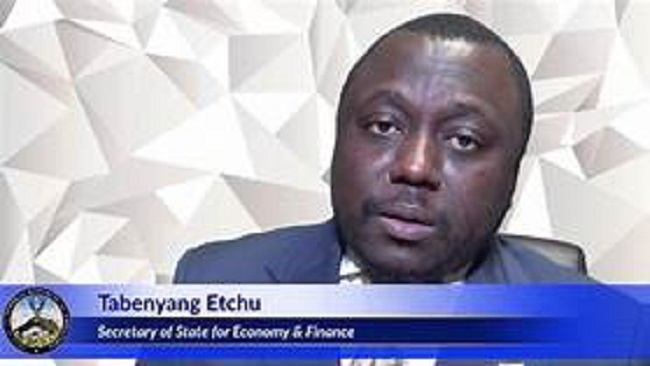
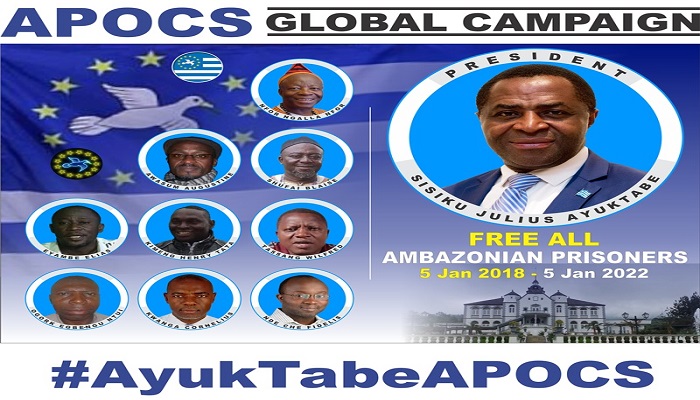
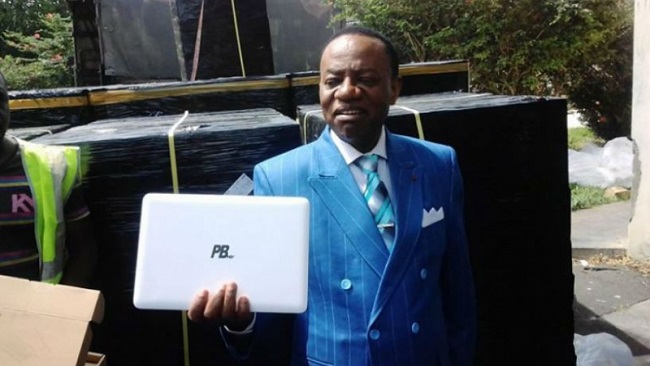
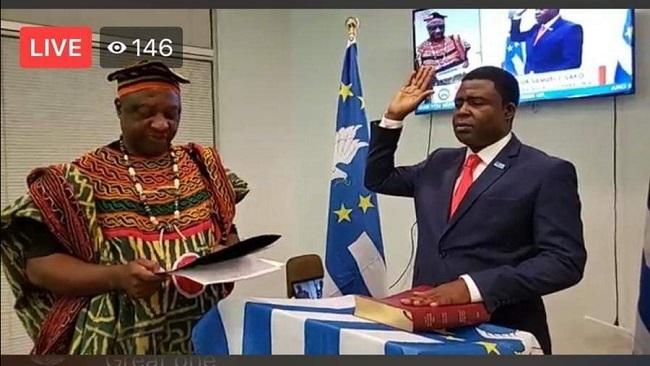
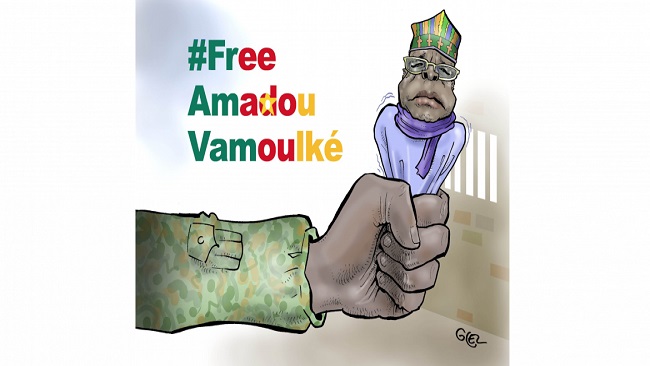

















2, March 2022
After 40 years as Head of State, what’s life in a post-Paul Biya era? 0
On 13 February, Paul Biya celebrated his 40th anniversary as head of state, but what would happen if, in six months or a year’s time, he was no longer able to govern? Who would replace him? Would a clan war break out? Would the army get involved? What about the opposition? We invite you to dive into the possible scenarios following an inevitable succession.
Here they were, once again, all gathered under the marble and gilding of Mvomeka’a, the head of state’s private residence. Chantal Biya dominated the august assembly with her flamboyant height. The first lady’s long red dress was an unmistakable eye-catcher.
Paul Biya, the former seminarian, chose a more sober-looking suit. Dressed in a white shirt, dark tie and jacket, the president later opted for a more casual outfit. His older children stood beside him. Less used to these formal occasions, his grandchildren ran around the large reception room, bickering with each other and leering enviously at the sugar and cream cake.
What if it was the last time?
The atmosphere was festive. A few hand-picked guests were waiting in another room. Paul and Chantal Biya were smiling. The photographer captured the moment and then checked the photo to make sure it wasn’t blurry. A few hours later, millions of Cameroonians looked at the photograph on their phones or computers and either commented on it among themselves or on social media, happy to be immersed – for a moment – in the intimacy of power. Some compared the image to that of the previous year, while others went back even further, examining the effects of time on the protagonists’ faces. A cruel but inevitable tradition.
On 13 February 2022, Biya, who has been president since November 1982, turned 89. What would happen if this were the last time he celebrated his birthday in power? What would happen if the Etoudi palace were to change tenants before the 2025 presidential elections? Who would be able to replace him?
In Yaoundé, these questions remain taboo, even though they are still on most people’s minds. The Cameroon Peoples Democratic Movement (CPDM, in power) is undergoing some changes, the various clans are clashing and dirty tricks abound. We are getting closer and closer to the fateful hour when the head of state will relinquish his dictatorial powers. So what will happen when he does?….
Culled from The Africa Report